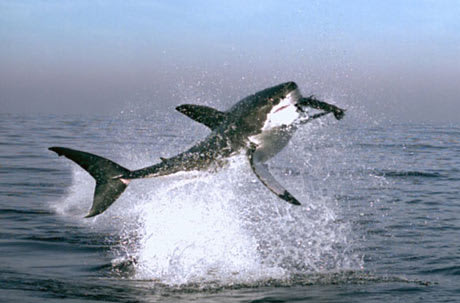For over 50 years, the British Broadcasting Corporation has devoted itself to exploring, capturing and sharing some of the most unbelievable occurrences in nature. In that period, the corporations Natural History Unit has produced over 50 documentaries, all of which were made with the leading experts, and the majority hosted by the worlds most gracious presenter and narrator, Sir David Attenborough, who first began narrating back in 1973. With his congenial manner and grandfatherly comfort, Attenborough has helped make the NHUs latest crop of docs a hit both in their native Britain and abroad. The reason for their success? Everyone is fascinated by the natural world. And the four series in this exhaustive 17-disc set presents an up close and first-hand account of nature unfolding through various environments. It begins with 1998s The Life of Birds, an exploration of virtually every flying feather known, and unknown, to man, studying the behaviour and evolution to gratify every birdwatcher out there. By comparison, its easily the weakest of the bunch, largely because of the specialised focus and cheesy prehistoric presumptions. Next up was 2001s The Blue Planet, a breathtaking guide to underwater life and the "first ever comprehensive series on the natural history of the worlds oceans. The scope of sea life is fascinating enough, however; in "The Deep, the crew sink to the bottom to discover a handful of never-before-seen species, such as the Dumbo Octopus. The Life of Mammals followed the next year, hitting closer to home, with an inclusive look at all mammals, from the fox to the blue whale, which gets deservedly ample attention, including Attenborough sizing the mammoth creature up. "The Social Climbers, though, is a true highlight, shining the spotlight on the amusing and alarming habits of ever-cute monkeys. Finally is the awe-inspiring Planet Earth from 2006, the series that helped popularise the NHUs efforts. One of the greatest visions ever caught on camera, Planet Earth is a tour-de-force mainly because of the cameras: million-dollar hi-def technology capable of freeze-framing great white sharks jumping sky-high in the air to grab their prey or snakes nabbing bats in pitch-black caves. Perhaps the series greatest strength though is its hankering for drama, delivering some of the most disturbing scenes nature can provide, such as a polar bear succumbing to hunger and a drifting ice flow, and the heartbreaking attack on a helpless elephant by a den of lions. With generous extras rounding out each series, this is arguably the most essential documentation of natures existence ever put to DVD, and arguably one of the greatest things ever to feed your player.
(BBC/Warner)The BBC Natural History Collection

BY Cam LindsayPublished Jul 2, 2008



